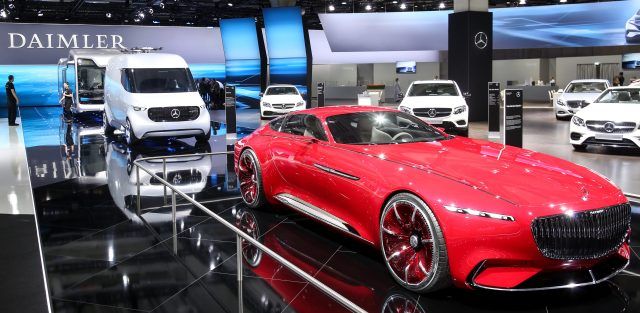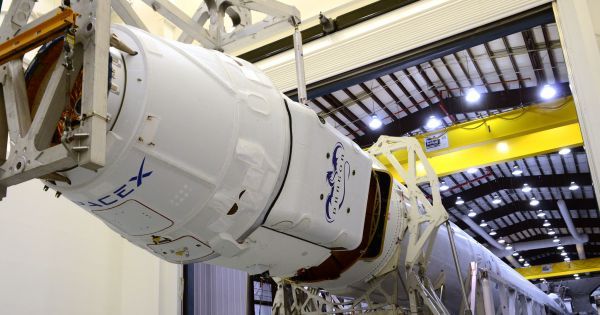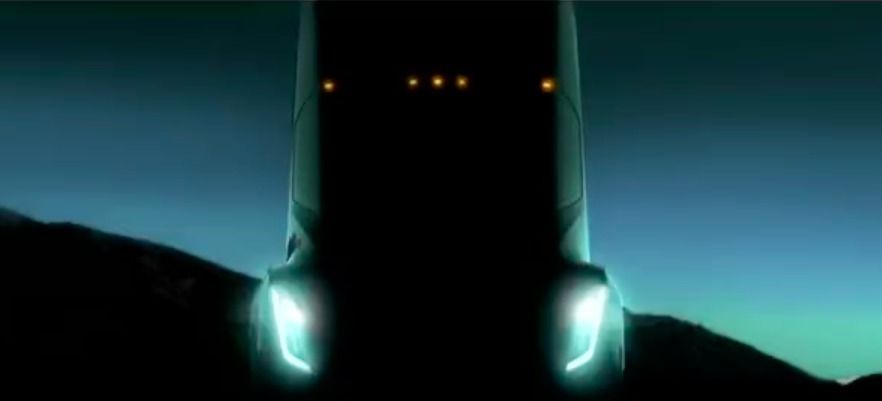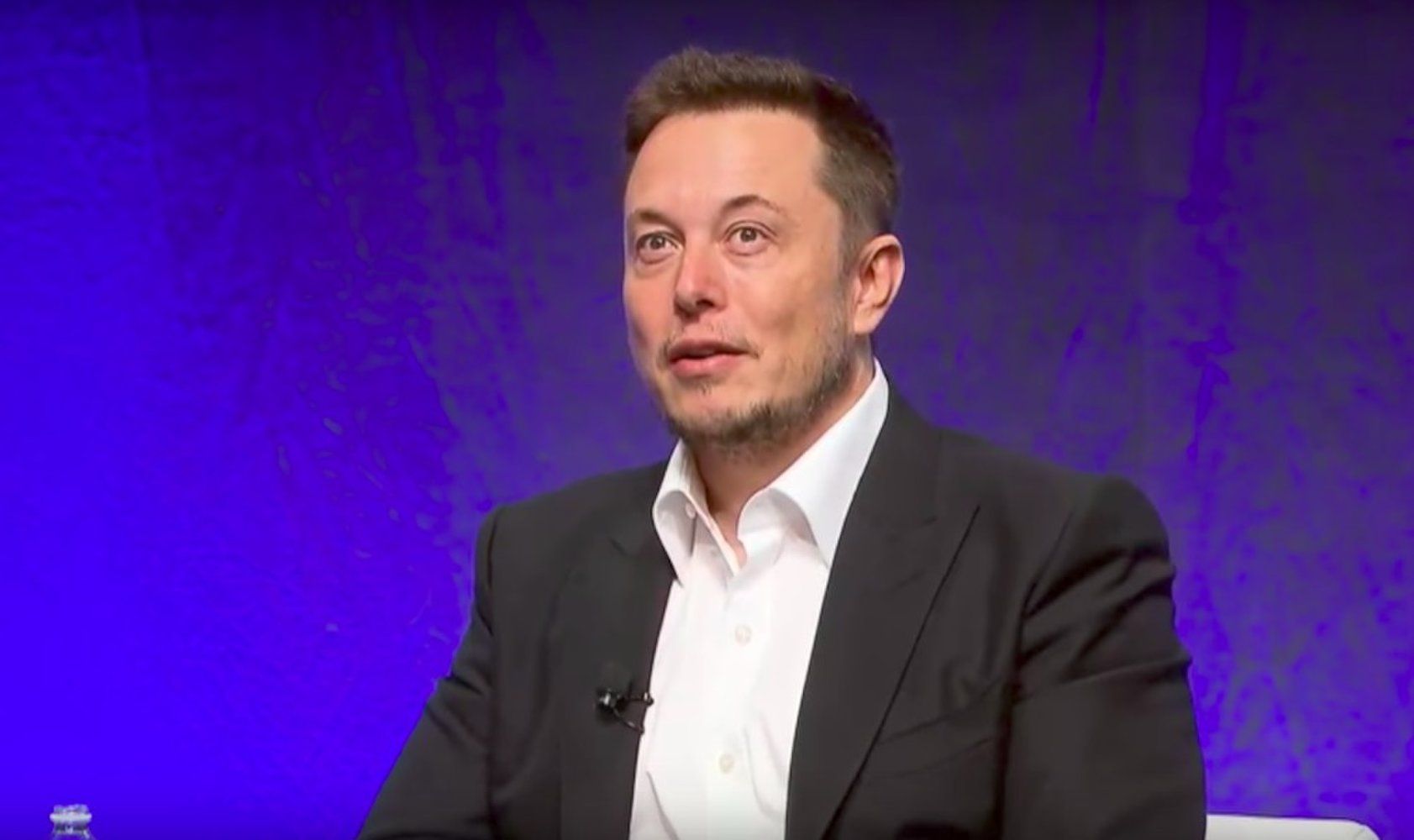Innovation will do more good than harm, he says.
You know a topic is trending when the likes of Tesla’s Elon Musk and Facebook’s Mark Zuckerberg publicly bicker about its potential risks and rewards. In this case, Musk says he fears artificial intelligence will lead to World War III because nations will compete for A.I. superiority. Zuckerberg, meanwhile, has called such doomsday scenarios “irresponsible” and says he is optimistic about A.I.
But another tech visionary sees the future as more nuanced. Ray Kurzweil, an author and director of engineering at Google, thinks, in the long run, that A.I. will do far more good than harm. Despite some potential downsides, he welcomes the day that computers surpass human intelligence—a tipping point otherwise known as “the singularity.” That’s partly why, in 2008, he cofounded the aptly named Singularity University, an institute that focuses on world-changing technologies. We caught up with the longtime futurist to get his take on the A.I. debate and, well, to ask what the future holds for us all.








